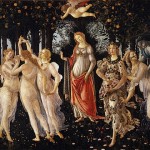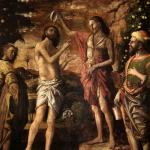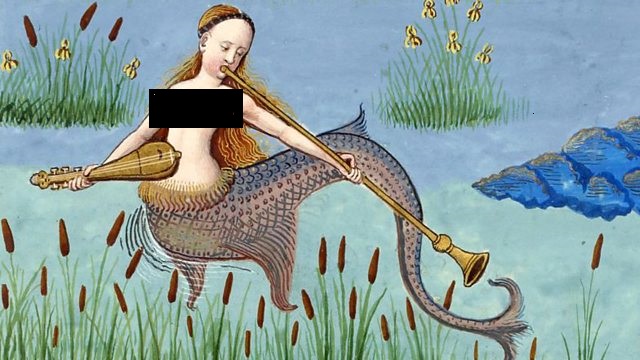
I hail from Seattle. Seattle is the America’s capital city of coffee. I know my coffee.
The city’s lore dates coffee fetishizing (in a positive sense) to the founding of Cafe Allegro in 1975.
In those days Seattle was still happily a fiscally and psychologically depressed city (read D’Ambrosio’s critically acclaimed Loitering for the gory details). The Starbucks brown water has very little to do with this proud tradition. True Seattlelites, that is, not Californian squatters and dot.com carpetbaggers, do not drink the “brownish water” Starbucks serves. Real Seattlelites want no part of it.
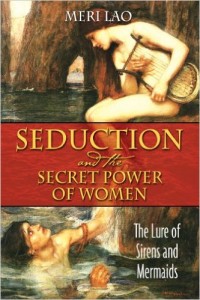
It is a sign of bad taste that fundamentalist Christians have decided to boycott Starbucks (some even argue they’ve been trolled into this controversy by atheists, or it’s a corporate PR stunt). It unveils them as patrons of this chain, thereby breaking the anonymity inherent in the dictum: Nobody admits to liking Britney Spears, yet she somehow manages to sell millions of albums.
The atheist backlash against this (at least five stories about it on the Patheos Atheist channel) also demonstrates a fair amount of intellectual turpitude.
Obviously, both groups don’t bowl for the vast majority of the world’s orthodox Christians. The atheist side is self-explanatory. What the atheist side doesn’t understand is how tenuous a hold fundamentalism has on claiming historical Christianity on its side.
The Reformation has been around for a mere four centuries, a mere one-fifth of historical Christianity’s existence. Fundamentalism has even shallower roots than that. It has been around only since the beginning of the 20th century. Using the “cup controversy,” which sounds like something the Mariners were involved in once, to bash historical Christianity is ignorant, albeit, I will grant you this, typically ignorant (See: Dawkins, et. al.).
On the other hand, the vast majority of orthodox Christians can snicker about how much the Starbucks cups still owe to traditional Christian iconography. This is a teaching moment.
1. The cups are still red. Red is not the liturgical color of Advent! It won’t be Advent until November 29th. It is also not the liturgical color of ordinary time. That’s alright it still has its year-round theological significance. The indispensable guide Signs and Symbols in Christian Art has this to say about red as a liturgical color:
Red is the color of blood which is associated with emotions [life as well], and is, therefore symbolic of both love and hate.
This ambivalence of the color is the reason why it is the liturgical color of the great feasts associated with Christianity’s celebration of the scapegoat to end all scapegoats (Christ for those not scoring at home). It is used during the feasts of Easter’s Holy Week (and also Pentecost). Christians would be wise to use this knowledge to remind their friends, if they get on the cup subject, of the continuing persecution and martyrdom of Coptic Christians.
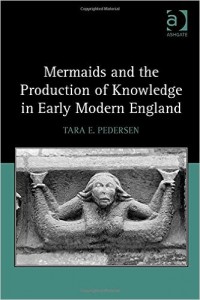
The mermaid also remains on the cup. It remains an important Christian symbol, to be found on many a medieval Cathedral (see cover on the right). Its significance is frequently lost. It is, like any good symbol, stupendously polysemous.
Here, a book with one of the most unintentionally comically academic titles ever, Mermaids and the Production of Knowledge in Early Modern England, (I’m sure Walter Benjamin of “The Work of Art in the Age of Mechanical Reproduction” is turning in his grave) offers three additional teaching points:
2.
[Mermaids were sometimes seen] as symbol for Christ whose hybrid nature provides the ontological foundation upon which Christianity.
3.
. . . the fish as a Christian symbol may make the mermaid a potential rival with Christ for the Christian soul, an embodiment for the lost soul in need of salvation.
4.
And yet, it is also important to consider the mermaid’s association with the lost soul in need of redemption [as recounted in Seduction and the Secret Power of Women: The Lure of Sirens and Mermaids]. . . the mermaid’s attainment of a soul is often a prominent feature in British folk tales, and for many mermaids, a soul is achieved through forced or voluntary marriage.
Now you are ready to go out and reclaim your Tradition in a way nobody expects! That’s the best, perhaps only, way to diffuse mimetic battles between blindly competing rivals such as atheism and fundamentalism.
Finally, here’s Almost Live! again. This time it’s all you need to know about coffee and Seattle. We’re serious.
https://www.youtube.com/watch?v=s0TiqM3VHVwFor more recent Catholic history see last week’s obituary for indisputable intellectual giant Rene Girard.


